About Spring House Womens Halfway House
Welcome to Spring House Womens Halfway House. We offer a variety of services to help those struggling with addiction including alcohol rehab, opioid addiction, and drug rehab. We also offer adult, military, and women’s rehab programs as well as outpatient and inpatient rehab services. Our experienced staff provides a range of therapies including experiential therapy, group therapy, individual therapy, and trauma therapy. We also offer sober living homes and aftercare support to help our clients transition back to a healthy and productive life. Thank you for considering us as you seek help for yourself or a loved one.
Addiction Treatment Programs
Alcohol Rehab
If you’re ready to overcome alcohol use disorder, an alcohol rehab in New Jersey can give you the tools you need. Common services include counseling and classes on coping skills, emotional management, communication, and other key life skills. Alcohol rehab programs can provide inpatient or outpatient treatment.
Opioid Addiction
The goal of an alcohol rehab in New Jersey is to give you the tools and skills you need to achieve long-term recovery. Drug rehab may include detox, inpatient treatment, and/or outpatient care. You’ll learn the roots of addiction and learn how to build a substance-free life.
Drug Rehab
In New Jersey, a drug rehab provides a combination of therapy and education to help clients overcome substance misuse. Drug treatment programs address the mental, emotional, and relational issues that may contribute to addiction. You’ll learn to build a new support network that supports your long-term sobriety.
Adult Program
An adult program in New Jersey addresses the unique needs of adults, such as finding secure housing, building a career, and raising a family. Some of the common services will include counseling and classes on coping skills, emotional management, communication, and other key life skills. Adult programs can provide inpatient or outpatient treatment.
Military Rehab
A military rehab in New Jersey provides an understanding environment that makes it easier to work on your long-term recovery. Some of the common services will include counseling and classes on coping skills, emotional management, communication, and other key life skills. Military programs can provide inpatient or outpatient treatment.
Women's Rehab
If you’re a woman struggling with substance use, consider a women’s rehab program in New Jersey. Some common services include counseling and classes on coping skills, emotional management, communication, parenting, and other key life skills. Women’s programs can provide inpatient or outpatient treatment.
Young Adult Rehab
Young adult rehabs in New Jersey address a wide range of substance use issues while also helping clients transition into adulthood. Some of the common services will include counseling and classes on coping skills, emotional management, communication, and other key life skills. Young adult programs can provide inpatient or outpatient treatment.
Insurance Coverage
Private insurance
How do you pay for rehab in New Jersey? A good option is private insurance. Different plans have different coverage levels, so be sure to check with your insurance company for details. You may be responsible for certain costs, such as copayments and deductibles.
Self-pay options
You can pay for treatment in New Jersey using your own money, which is known as self-pay or private pay. Whether you write a check, get a medical loan, or electronically transfer money, you are able to choose the rehab you most prefer. Payment arrangements may vary depending on the level of care.
Levels of Care
- 1
Inpatient Rehab
There are multiple options for addiction treatment in New Jersey. During inpatient treatment, you live at the facility and are able to focus on creating a new way of life. Inpatient treatment includes multiple approaches, including cognitive behavioral therapy (CBT), motivational interviewing (MI), and holistic therapy options.
- 2
Outpatient Rehab
Attending outpatient treatment in New Jersey allows you to get evidence-based care without living in the facility, helping you establish long-term recovery. Outpatient treatment is commonly a follow-up to residential treatment and may be used to help with skill-building, education, and to practice your new habits in daily life.
- 3
Aftercare Support
Overcoming substance use is a lifelong process. Aftercare in New Jersey gives you the support you need to stay sober. It’s common for a treatment program to offer aftercare support, which may include employment training, help with housing, alumni support groups, and more.
- 4
Sober Living Homes
Sober living in New Jersey is focused on giving you a substance-free place to live, giving you the support you need to stay sober long-term. Some sober living programs are simply houses to live in and build your own life, while others include employment training, job assistance, life-skills classes, and more.
Therapies
Experiential Therapy
In New Jersey, experiential therapy is a holistic therapy that is widely used in addiction treatment. Experiential therapy involves a variety of activities that can make it easier to process trauma and emotions and allow you to break through some of the root issues that hold you back from recovery.
Group Therapy
Attending group therapy in New Jersey is a way to overcome shame and isolation, helping you establish long-term recovery. Group therapy is a common part of both inpatient and outpatient substance use treatment, and may be used to help with skill-building, processing, and presenting educational information.
Individual Therapy
During individual therapy in New Jersey, clients work with a professional to address specific individual concerns. Individual focuses on improving both behavioral and emotional health. You may explore thought processes, develop motivation to change, and/or explore past events that may have played a part in your substance use.
Trauma Therapy
Trauma-informed therapy in New Jersey can provide a way to process past events and create better coping strategies as you work through substance use treatment. When you receive trauma-informed therapy, it may include peer support, grief counseling, medications to support mental health, and developing healthier responses to emotional triggers.
Location
Contact Spring House Womens Halfway House
Top Drug Rehab Centers in New Jersey
-
 New Jersey
New JerseySpectrum Healthcare
74-80 Pacific Avenue Jersey City, New Jersey 07304
-
 New Jersey
New JerseySOBA New Jersey
104 Bayard Street New Brunswick, New Jersey 08901
-
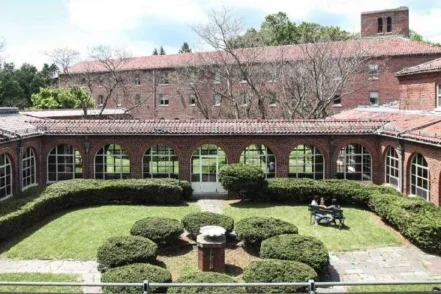 New Jersey
New JerseySunrise House Lafayette
37 Sunset Inn Road Lafayette, New Jersey 07848
-
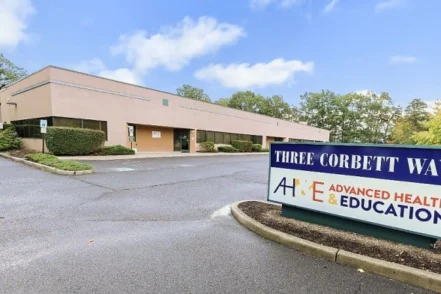 New Jersey
New JerseyAdvanced Health and Education
3 Corbett Way Eatontown, New Jersey 07724
-
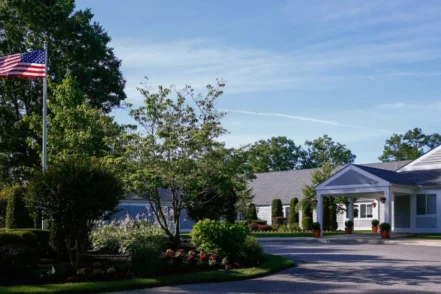 New Jersey
New JerseyRecovery Centers of America at Lighthouse
5034 Atlantic Avenue Mays Landing, New Jersey 08330
-
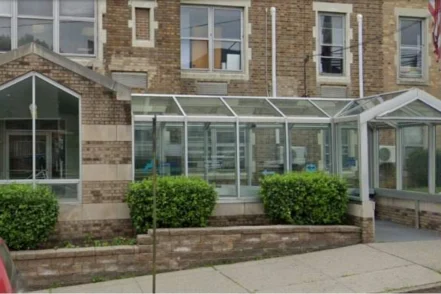 New Jersey
New JerseyEndeavor House North
206 Bergen Avenue, Suite 102 Kearny, New Jersey 07032
-
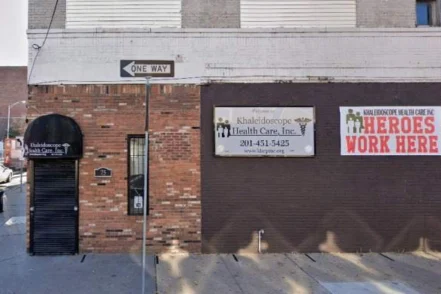 New Jersey
New JerseyKhaleidoscope Healthcare
75 Harrison Avenue Jersey City, New Jersey 07304
-
 New Jersey
New JerseyRecovery Centers of America at Voorhees
526 S Burnt Mill Road Voorhees, New Jersey 08043
-
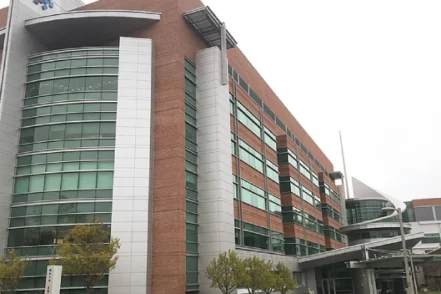 New Jersey
New JerseyJersey Shore University Medical Center Neptune
1945 State Route 33 Neptune, New Jersey 07753
-
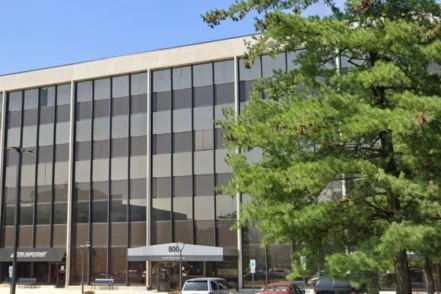 New Jersey
New JerseyLegacy Healing Center New Jersey
800 Kings Hwy N, Suite 100 Cherry Hill, New Jersey 08034
-
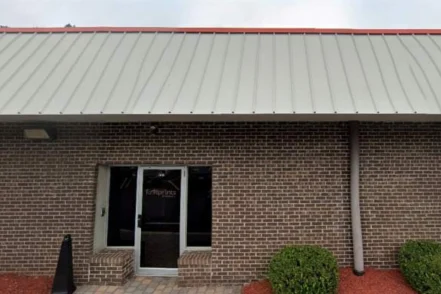 New Jersey
New JerseyFootprints to Recovery New Jersey
3535 Quakerbridge Road, Suite 300 Hamilton Township, New Jersey 08619
-
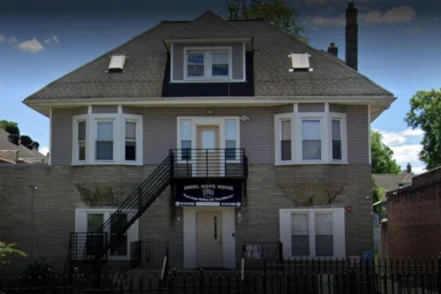 New Jersey
New JerseyAngel Hope House
800 Clinton Avenue Newark, New Jersey 07102
-
 New Jersey
New JerseyAbsolute Awakenings Treatment Center
3000 NJ-10 Morris Plains, NJ 07950